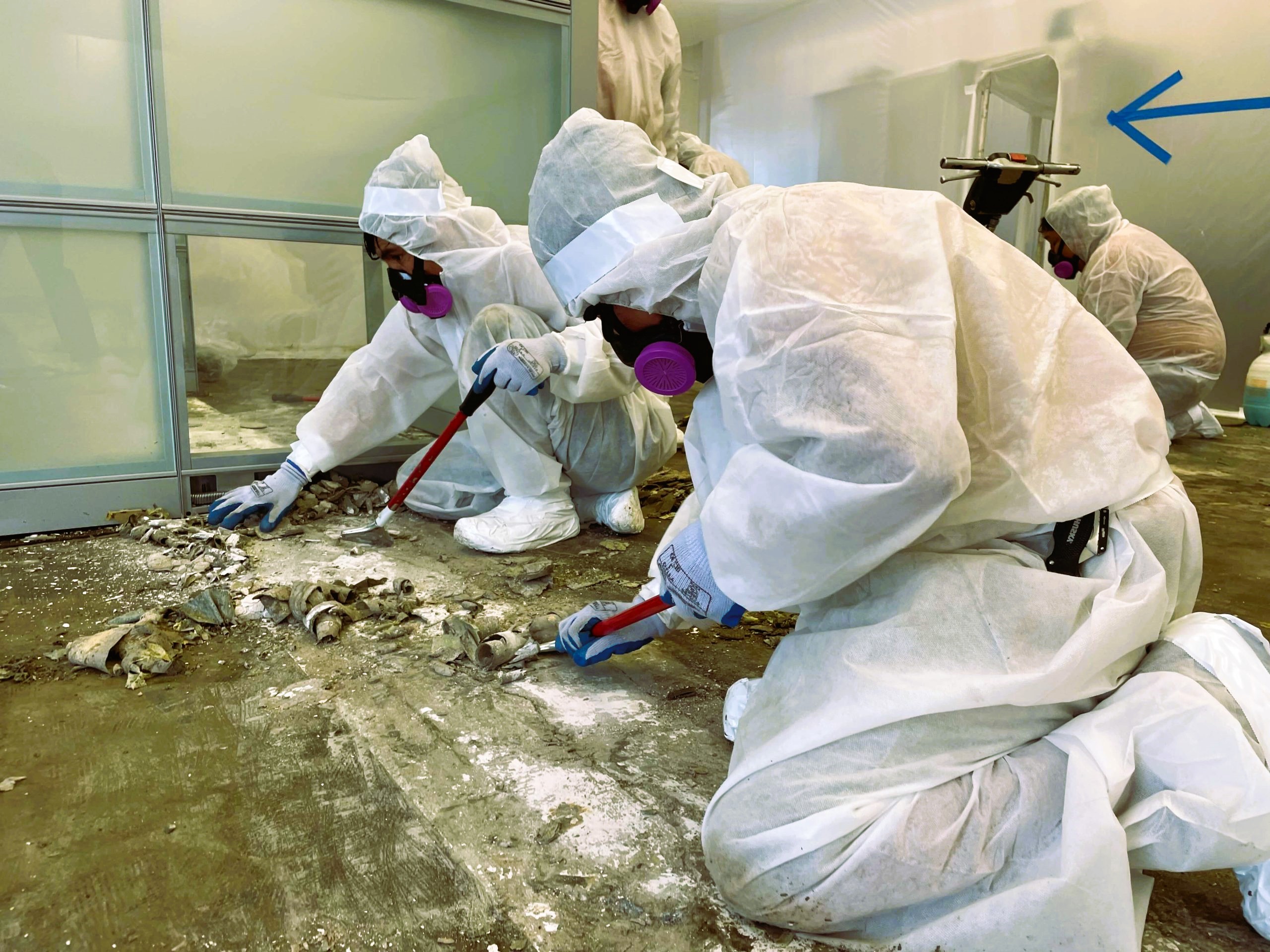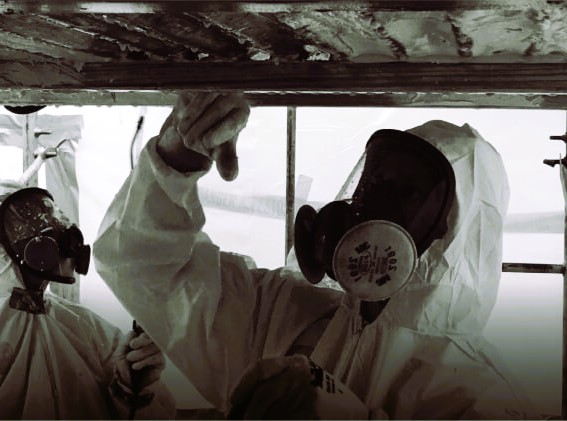Asbestos, once hailed for its versatility and durability, is now recognized as a hazardous material linked to serious health issues, including lung cancer and mesothelioma. Asbestos-containing materials (ACMs) were widely used in construction before their dangers were fully understood. With the increasing awareness of asbestos-related health risks, many homeowners are turning to Do-It-Yourself (DIY) asbestos testing as a proactive measure to safeguard their homes. In this article, we explore the pros and cons of DIY asbestos testing and discuss when it’s crucial to seek professional decontamination.
Understanding Asbestos and its Risks
Asbestos is a group of naturally occurring minerals known for their heat resistance and strength. Due to these properties, asbestos was commonly incorporated into building materials like insulation, flooring, and roofing. However, when these materials degrade or are disturbed, asbestos fibers can become airborne, posing a severe threat to human health when inhaled.
Exposure to asbestos has been linked to various respiratory diseases, and the latency period between exposure and the manifestation of symptoms can be decades. Recognizing the potential dangers, homeowners are increasingly interested in assessing their properties for the presence of asbestos.
Pros of DIY Asbestos Testing
1. Cost-Effective:
DIY asbestos testing kits are often more affordable than hiring professional services. This makes it an attractive option for budget-conscious homeowners who want to assess their property without breaking the bank.
2. Convenience:
DIY testing kits are designed to be user-friendly, allowing homeowners to collec
t samples at their convenience. This eliminates the need for scheduling appointments with professionals and waiting for their availability. Read about the relationship between ventilation and window mold in our article.
3. Initial Assessment:
DIY testing can provide homeowners with an initial assessment of the potential asbestos presence in their homes. This information can be valuable in determining the next steps for remediation.
4. Privacy:
Some homeowners may prefer the privacy of conducting their own testing without involving external professionals in their living spaces.
Cons of DIY Asbestos Testing
1. Accuracy:
One of the main drawbacks of DIY testing is the potential for inaccuracies. Homeowners may not have the expertise to collect samples correctly, leading to false negatives or positives.
2. Limited Expertise:
DIY kits lack the expertise of trained professionals who can accurately interpret results, identify specific types of asbestos, and assess the extent of contamination.
3. Potential Disturbance:
Collecting samples for DIY testing may disturb asbestos-containing materials, inadvertently releasing fibers into the air. This can pose a risk to those conducting the test and others in the vicinity.
4. Regulatory Compliance:
DIY tests may not comply with local regulations governing asbestos testing and removal. Inadequate adherence to these regulations can result in legal consequences and safety hazards.
When to Seek Professional Decontamination
While DIY testing has its merits, there are scenarios where professional intervention becomes imperative:
1. Renovation or Demolition:
If homeowners plan to renovate or demolish their property, it is crucial to enlist the services of professionals for a comprehensive asbestos assessment. Disturbing asbestos-containing materials during these activities can significantly increase the risk of exposure.
2. Suspected Contamination:
If there is a suspicion or known history of asbestos-containing materials in the property, professional testing is recommended. Professionals have the tools and knowledge to accurately identify and assess the extent of contamination.
3. Health Concerns:
If there are health concerns related to asbestos exposure, such as respiratory issues or a history of asbestos-related diseases, it is advisable to consult with professionals for a thorough assessment.
4. Regulatory Compliance:
Professionals adhere to local regulations and guidelines for asbestos testing and removal, ensuring that the process is conducted safely and legally.
Conclusion
DIY asbestos testing can serve as an initial step in assessing the presence of asbestos in a residential property. However, it is crucial for homeowners to be aware of the limitations and potential pitfalls associated with this approach. For more accurate results and comprehensive assessments, especially in high-risk scenarios like renovations or suspected contamination, seeking the expertise of professional asbestos removal services is recommended.
Asbestos poses a significant health risk, and the safety of occupants should be the top priority. For more information on asbestos, its risks, and regulations, refer to reputable sources such as Wikipedia.



